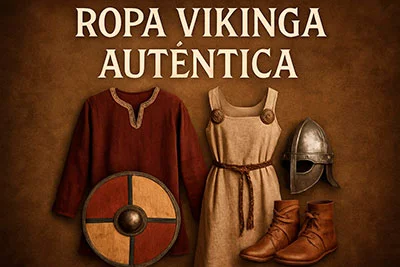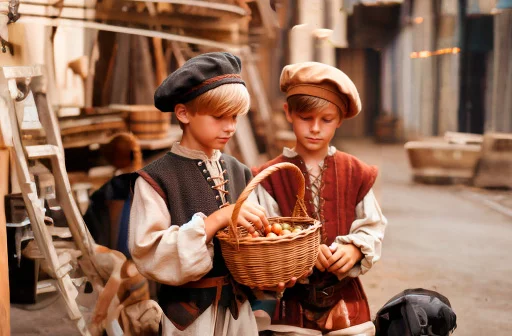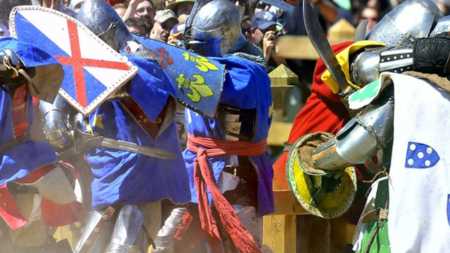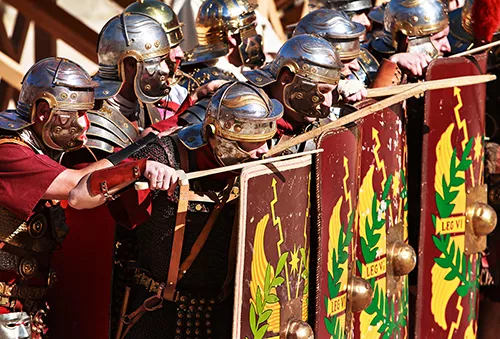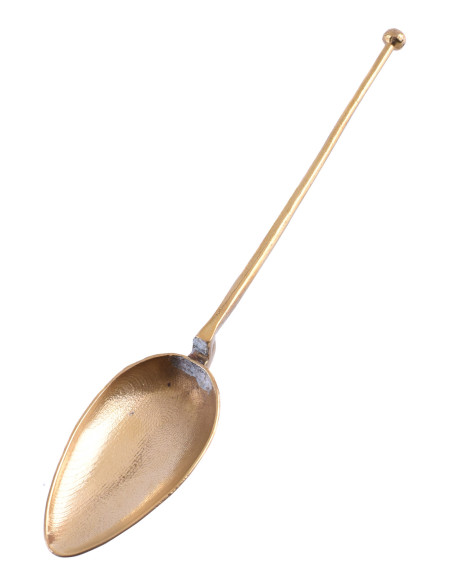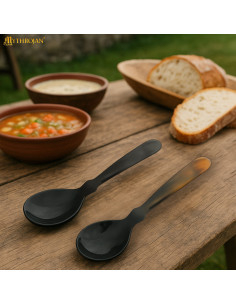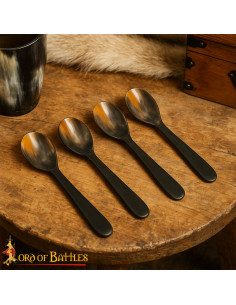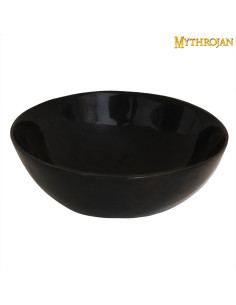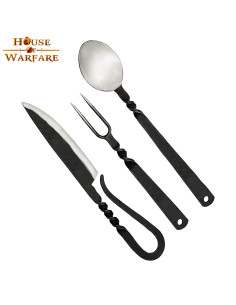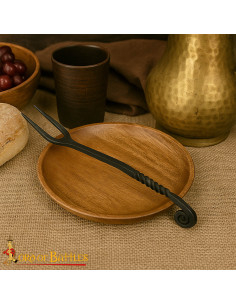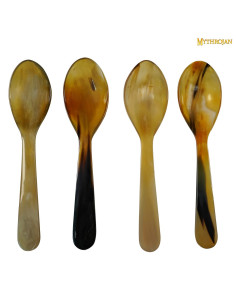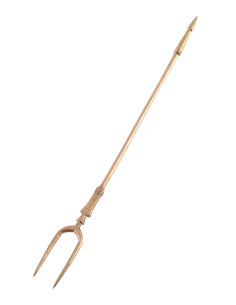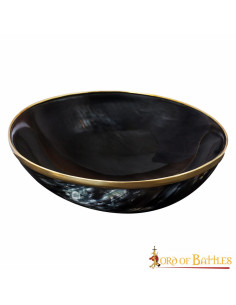- Long
- 14.5 cm.
- Weight
- 16 gr.
- Material
- Brass
-
Swords
Swords Movies
- Blade Swords
- Braveheart Swords
- Conan Swords
- Espadas Transformers
- Excalibur Swords
- Game of Thrones Swords
- Harry Potter Swords
- Katana Last Samurai
- Kill Bill Katanas
- Lord of the Rings Swords
- Robin Hood Swords
- Swords Kit Rae
- Swords Seven Deadly Sins
- Swords The Immortals
- Time Raiders Swords
- Viking series swords
- Walking Dead Katanas
- Wonder Woman Swords
- Zombie Apocalypse Swords
Anime and Video Game Swords- Bleach Swords
- Blue Exorcist Swords
- Demon Slayer Swords
- Dragon Ball Swords
- Espadas Berserk
- Espadas He-Man
- Espadas Jujutsu Kaisen
- Espadas Kagurabachi
- Espadas Solo Leveling
- Fairy Tail Swords
- Lupine III Swords
- Mo Dao Zu Shi Swords
- Naruto Swords
- One Piece Swords
- Sword Art Online Swords
- Swords Attack on Titan
- Swords Fate-Stay Night
- Touken Ranbu Swords
- Tsukiuta Katanas
-
Armors
- Accessories
-
Decoration
-
Clothing
-
Reenactors
- Accessories
- Children
- FAQ's
- Themes
Roman spoon in brass Ligula type (14.5 cm.)
This reproduction of a ligule with an almond-shaped head, made of brass, is a perfect addition for any Roman history buff. With its stepped handle-to-head transition and slightly tapered handle with a small ball at the end, this spoon is a beautiful piece of Roman cutlery that is sure to be an eye-catcher in any collection.
This Roman Ligula type brass spoon is a true piece of history. During Roman times, spoons were classified into two main types: the cochlearium, with a smaller head and a straight handle that tapers to a sharp point, and the larger and heavier ligula, with a generously sized head, often oval, and a handle with a rounded end or finial.
Archaeologists believe that ligulae were used to serve food, although they were sometimes used for eating as well. The many finds of Roman spoons in excavations show a wide variety of shapes and materials, from simple pieces of wood and bone to elegant silver and bronze versions found as grave goods, suggesting that they were prestigious objects rather than utensils. everyday.

